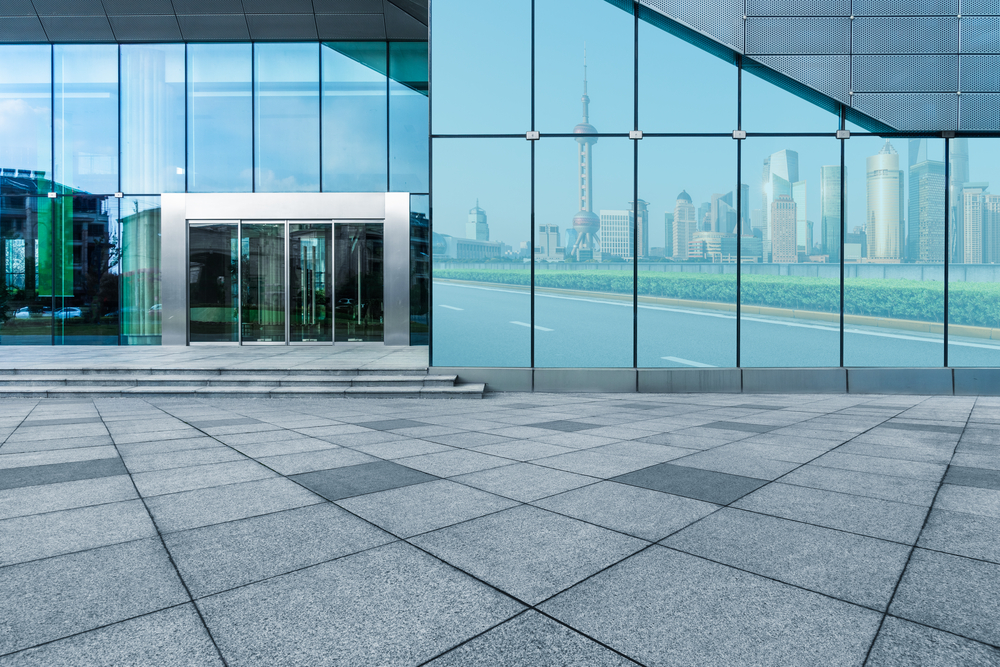Discover The Eco-Friendly Benefits Of Reflective Glass
Reflective glass is one of the best options in the glass industry as it is eco-friendly and helps with the climate crisis we are currently facing. These glass items are high-performance energy-efficient glass and help build sustainable buildings as they block high amounts of solar radiation and reflect infrared light. The advantage here is that they help the buildings remain cool in summers and cuts down on the electricity bills as the air conditioner is not used as often.
Reflective glass is a type of annealed or standard glass, and it has a thin layer of metallic oxide coating. Since the metallic coating is only applied on a single side of the glass it resembles a mirror and has a mirror-like appearance.
Green Buildings and Reflective Glass
Global warming and climate change have been a problem of concern over the past few decades. We are now facing the real-time damages of global warming, and every industry is making progress by using sustainable products. The use of sustainable products is rising, and property developers, as well as real estate companies, are trying to do their bit by using environment-friendly products.
The collective need to protect the environment has led to the rise of green buildings. Glass is a crucial component in the construction of green buildings. To do the same, specialized energy-efficient and eco-friendly glass materials such as reflective, solar control, and tinted glass is used. Glass suppliers are associated with the job of picking the right glass to solve different environmental concerns.
How is Reflective Glass Used?
Glass is largely used to make green buildings, as it is an excellent green material. Reflective glass has mirroring properties; thereby, they bounce away the heat or UV rays projected onto the surface and help maintain a cool temperature within buildings. Glass walls also let in a lot of natural light and reduce the need for artificial lighting. This makes the interiors feel airier and open. Glass has become a crucial part of green buildings as they offer superior designs, thermal performance, comfort, and aesthetics.
Environmental Impact
The biggest advantage of glass solutions is that it is recyclable. This means that it does not place a burden on the environment. Reflective glass plays a vital role in improving indoor environmental quality, and if used sensibly, it can improve energy efficiency. Some of the other benefits worth mentioning include excellent daylighting, improved health and well-being of the residents.
Where Can it Be Used?
Structural façade glazing: The façade is the part of the building, which faces the street or open space. Glass works best to build the façade as it reflects the sunlight, and the building does not suffer from excessive natural light or overheating.
Glass windows: Most of the heat enters through windows, and when reflective glass windows are installed they also serve solar-control properties. They effectively block UV and IR rays; this ensures that there is just the right amount of light in your interiors, which makes the spaces look brighter and more spacious.
Reflective glass has many eco-friendly properties. It is the ideal option for commercial and residential purposes. Mirodec is one of the best glass manufacturers in the Middle East offering premium glass solutions.

